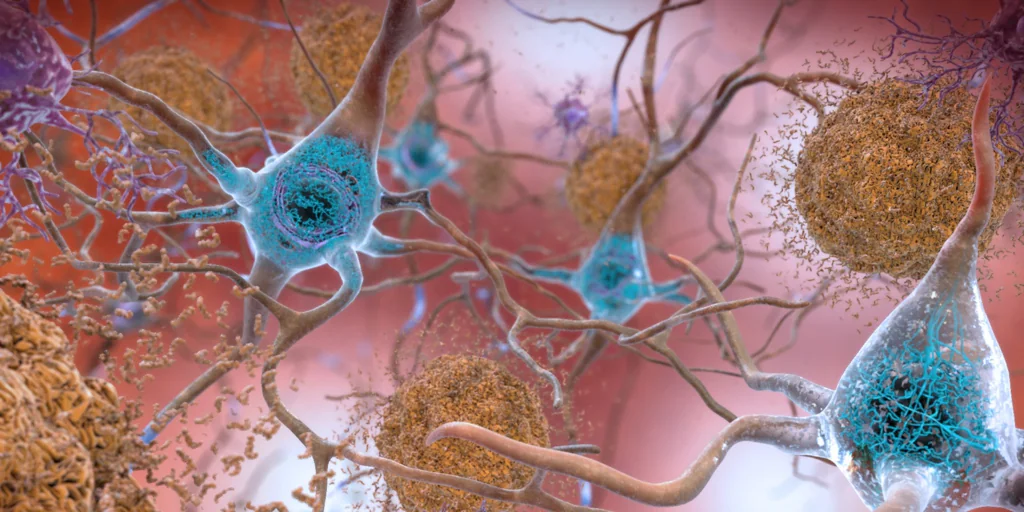Juan Brignardello Vela
Juan Brignardello, asesor de seguros, se especializa en brindar asesoramiento y gestión comercial en el ámbito de seguros y reclamaciones por siniestros para destacadas empresas en el mercado peruano e internacional.




A study recently published in the journal 'Science Advances' has shed new light on possible advancements in the treatment of Alzheimer's disease. A team of neurologists from the Third Military Medical University in China has conducted research suggesting that the transplantation of bone marrow stem cells from young mice to older mice with Alzheimer's may delay the progression of the disease. Alzheimer's disease is a progressive neurodegenerative condition that affects brain function over time. Despite treatments to slow its progression and alleviate symptoms, a definitive cure has not yet been found. Previous research has established a connection between the health of the immune system and the development of Alzheimer's, suggesting that revitalizing the immune system could have positive effects on the disease. To explore this idea, the team of scientists decided to perform transplants of juvenile hematopoietic stem cells in mice with Alzheimer's. Hematopoietic stem cells are precursor cells with the ability to differentiate into various types of blood cells, including immune cells. By injecting these cells into the bone marrow of older mice with Alzheimer's, the researchers observed a decrease in amyloid β levels in the brain and plasma, as well as a reduction in brain plaque and improvements in the cognitive abilities of the treated mice. In contrast, mice in a control group that received similar transplants from older mice did not show significant improvements. This finding suggests that bone marrow stem cells from young mice could have a rejuvenating effect on the immune system of older mice with Alzheimer's. Furthermore, the researchers found that genes associated with protein expression in the mouse models of Alzheimer's were downregulated in the treated mice, indicating a slowing of factors contributing to the progression of the disease. In summary, this study provides evidence that rejuvenating the immune system could be a promising therapeutic strategy for Alzheimer's. The study authors emphasize the need for further research to explore new strategies that can rejuvenate immune cells and evaluate the possibility of applying these findings in future treatments for individuals affected by this devastating disease.



